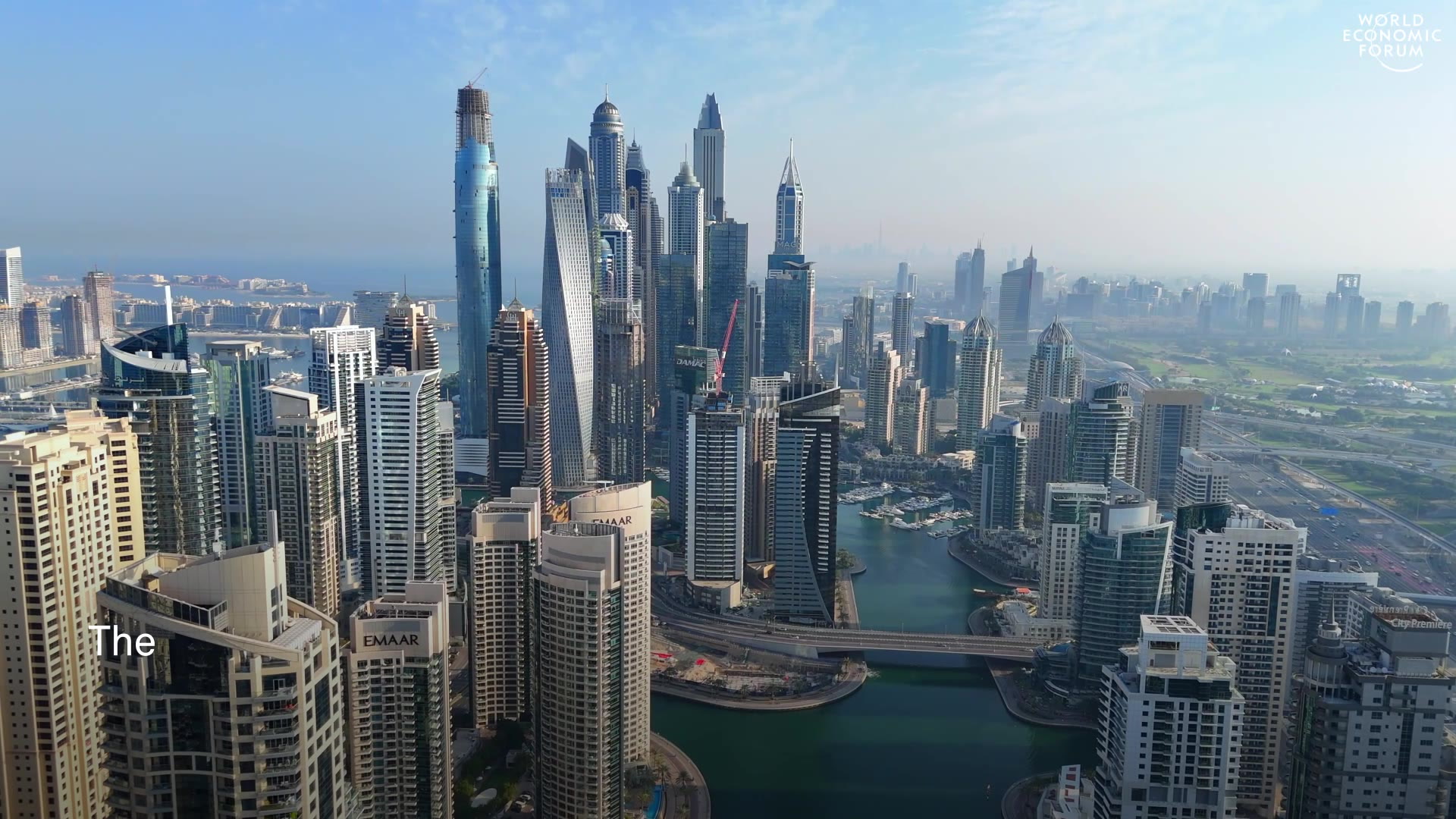These countries are losing their freedoms fastest

Only 45% of the world’s countries can be considered free, according to a new report Image: REUTERS/Michaela Rehle

Get involved with our crowdsourced digital platform to deliver impact at scale
Stay up to date:
Agile Governance
Protests over perceived loss of democratic freedom are never far from the news headlines.
Most recently we have seen Catalans protesting against the Spanish government, and NFL stars “taking a knee” during the US national anthem to protest against police brutality.
And while the perceived loss of democratic freedom in Spain and the US might be up for debate, the fact is that overall most countries are becoming less free.
In fact, 2016 marked the 11th consecutive year of decline in global freedom.
According to the Freedom in the World 2017 report, a minority of the world’s countries can be considered free – just 45%.
Of the remaining nations, 30% are considered to be partly free, with some level of democracy and press that may be corrupt or heavily under the control of the ruling party.
And finally there are a quarter of the world’s countries that are completely unfree, undemocratic nations.
The Middle East and North Africa region had the worst ratings in the world in 2016, followed closely by Eurasia, as the map below shows:

Perhaps most alarmingly, data gathered by the report’s authors reveals that there were setbacks in political rights, civil liberties, or both, in a number of countries rated “free” by the report, including: Brazil, the Czech Republic, Denmark, France, Hungary, Poland, Serbia, South Africa, South Korea, Spain, Tunisia and the US.
While populist political movements have been on the rise over the past year, credited with the UK’s Brexit vote to leave the EU and Donald Trump’s election as US president among others, Freedom in the World 2017 shows that the decline in freedom is a long-term trend:

Countries that witnessed the largest declines in freedom are spread across every continent.
They include war-torn nations, Middle Eastern dictatorships and even one European democracy: Hungary.

According to the report, Hungary’s decline began after the ruling Fidesz party came to power in 2010.
Since then it has shut down the main opposition newspaper, contravened EU rules on treatment of refugees and is currently threatening to close Budapest’s Central European University – the highest-ranked postgraduate institution in eastern and central Europe – due to its foreign ownership.
Hungarian prime minister Viktor Orban has openly spoken of his desire to turn the country into an “illiberal state”, citing Russia and Turkey as influences.
Turkey, meanwhile, saw the largest one-year fall in freedom (as shown in the chart below), following the government’s response to a failed coup attempt in July last year.
It imposed emergency rule that resulted in the arrest of more than 50,000 civilians, the imprisonment of dozens of journalists, the closing of hundreds of media outlets and nongovernmental organizations (NGOs), the arrest of the leaders and hundreds of officials from the third-largest party in the parliament, and the firing of more than 100,000 civil servants.
While Turkey saw the biggest one-year decline in freedom worldwide, Poland’s downward trend was the largest one-year fall of any EU nation.
After little more than a year in power, the right-wing Law and Justice (PiS) party has passed legislation that has politicized public media, weakened the constitutional court, handed the security services sweeping powers of surveillance and restricted the right of public protest, the report claims.

Where freedom is growing
Despite the overall trend towards declining freedoms around the world, there are a few bright spots.
The West African nation of Burkina Faso held its first open democratic elections for nearly 40 years.
Elsewhere in Africa, two of the world’s least free nations – Somalia and the Central African Republic – showed some small signs of improvement.
However, overall the report claims there is just one country in the world that is showing a positive trend towards democratic freedom: Colombia.

Colombian president Juan Manuel Santos secured a historic peace deal that has led to the disarmament of the Farc rebel group. Santos won 2016’s Nobel Peace Prize for his efforts, which has led to the Farc rebels, who once terrorised the country with kidnappings and killings, handing in more than 7,000 weapons.
Don't miss any update on this topic
Create a free account and access your personalized content collection with our latest publications and analyses.
License and Republishing
World Economic Forum articles may be republished in accordance with the Creative Commons Attribution-NonCommercial-NoDerivatives 4.0 International Public License, and in accordance with our Terms of Use.
The views expressed in this article are those of the author alone and not the World Economic Forum.
The Agenda Weekly
A weekly update of the most important issues driving the global agenda
You can unsubscribe at any time using the link in our emails. For more details, review our privacy policy.
More on Geo-Economics and PoliticsSee all
Kiriko Honda
April 25, 2024
Pooja Chhabria and Kate Whiting
April 23, 2024
Robin Pomeroy and Sophia Akram
April 22, 2024
Joe Myers
April 19, 2024
Joe Myers
April 12, 2024






